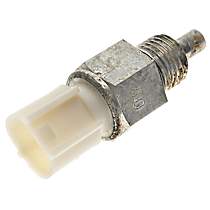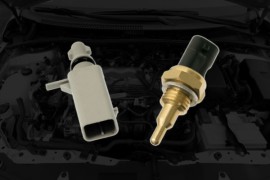{
"lazyNodes": false,
"abFitnotesFlag": false,
"abCrawlReviews": false,
"productOptionsCookie": false,
"orderDelayFlag": false,
"skipSessionCookie": false,
"covidMessage": false,
"fullTitleCookie": false,
"nrLoggerCookie": false,
"checkoutReviewCookie": false,
"productOptionSeqCookie": false,
"maintenanceFlag": false,
"bufferETACookie": false,
"multiShippingDiscountFlag": false,
"newFitmentFlag": false,
"surveyOptInFlag": false,
"crossSellFlag": false,
"skuMappingFlag": false,
"paySplitCookie": false,
"callDisableFlag": false,
"zipPaymentFlag": "u",
"hassleFreeReturn": false,
"lifetimeReplacement": false,
"cpn_off": false
}Need Help? Call Us1-866-529-0412
1999 Toyota Land Cruiser
1999 Toyota Land Cruiser Oil Temperature Sensors
Refine by:
Shop Catalog
Showing 1 - 1 of 1 results
Sort by:
Part Number: SITS415
Guaranteed to Fit
$86.99
Vehicle Fitment
- 1999 Toyota Land Cruiser Base 8 Cyl 4.7L
Product Details
Warranty : 3-year or 36,000-mile Standard limited warrantyQuantity Sold : Sold individuallyProp 65 Warning :
![]() WARNING: This product can expose you to chemical which is known to the State of California to cause cancer and birth defects or other reproductive harm. For more information go to www.P65Warnings.ca.gov.
WARNING: This product can expose you to chemical which is known to the State of California to cause cancer and birth defects or other reproductive harm. For more information go to www.P65Warnings.ca.gov.
Page 1 of 1 | Showing 1 - 1 of 1 results
Popular Products

StandardOil Temperature Sensor - Direct FitManufacturer #TS-415
( Reviews) Questions, Answers
STANDARD OIL TEMPERATURE SENSOR
Revamp your ride with the advanced design, OEM-grade quality assurance and standard-setting performance offered by Standard’s Oil Temperature Sensor. Since 1919, Standard Motor Products has engineered a full line of eng...
Helpful Automotive Resources
P0197 Code: Engine Oil Temperature Sensor Circuit LowTo prevent these from happening, the engine oil temperature sensor needs to send the right information to the PCM. This sensor is used in many General Motors vehicles and usually provides input to the oil life monitoring system. Oil temperature, run time, and revolutions per minute (RPM) are used to
P0198 Code: Engine Oil Temperature Sensor Circuit HighUsing a reference voltage provided by the PCM or ECM, the oil temperature sensor changes its internal resistance to reflect the temperature of the engine lubricant. When the engine lubricant gets hotter, the device’s resistance goes down. Conversely, as the oil cools down, the sensor’s resistance goes up.




